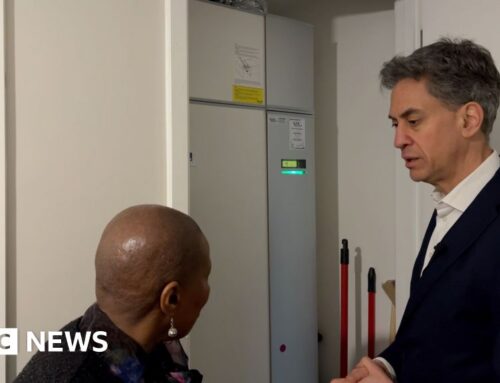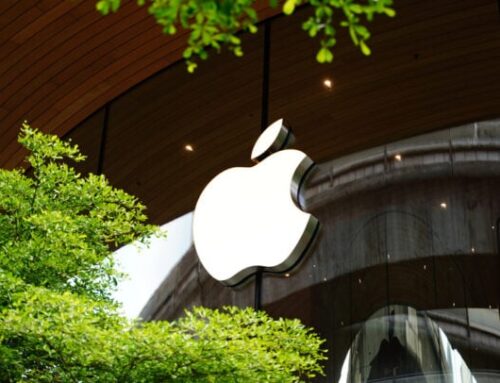Tariffs, Inflation, and Dollar Weakness Could Push Bitcoin Higher, Says Grayscale
April 10, 2025
Bitcoin is currently trading at $79,150, showing a modest 1.8% gain in the last 24 hours, although it remains down about 4% over the past week. The recent price movements come amid growing global trade tensions and new tariffs announced by President Donald Trump. These tariffs, aimed at several countries, have sparked broader market volatility. While equities have been hit hard—with the S&P 500 dropping 12% between April 2 and April 8—Bitcoin’s decline over the same period has been far less severe. This has prompted analysts to re-evaluate Bitcoin’s relationship with traditional markets.
Grayscale’s head of research, Zach Pandl, noted that Bitcoin’s smaller-than-expected drop, despite high volatility, reflects its growing independence from traditional financial markets. Normally, Bitcoin is about three times as volatile as the S&P 500. By that measure, a 12% drop in stocks should have triggered a 36% drop in Bitcoin. Instead, the cryptocurrency only fell by about a third of that estimate. Pandl suggested that the tariffs are a direct shock to equities, not Bitcoin, and that traditional market volatility, reflected in the VIX index, is now comparable to that of Bitcoin’s options market.
Grayscale argues that the current macroeconomic conditions—rising inflation, slowing GDP, and geopolitical uncertainty—could create a favorable environment for assets like Bitcoin. Drawing a parallel with the 1970s stagflation period, the firm points out that while equities and bonds underperformed, gold surged in value. Bitcoin, often described as “digital gold,” may play a similar role now, even though it lacks the decades of historical data that gold has.
The ongoing trade war is also affecting currency markets. A weakening U.S. dollar, caused by tariffs and shifting global alliances, may encourage countries to diversify their reserve assets. Although Iran is currently the only country whose central bank lists Bitcoin as a reserve asset, some sovereign wealth funds have already invested in it. Reports suggest that the U.S. is exploring the creation of a Strategic Bitcoin Reserve, underscoring the growing interest in Bitcoin at the state level.
Solo Bitcoin miners are also gaining attention. A recent block was successfully mined by an individual, earning the miner 3.125 BTC (approximately $259,637 at the time), highlighting the occasional success that smaller participants can still achieve in the network.
Although Bitcoin temporarily surged past $82,000 following a 90-day tariff pause for non-retaliating nations, it remains 26% below its all-time high of $109,114. Analysts remain cautious. Coin Bureau’s Nic Puckrin said the temporary relief doesn’t resolve the underlying trade conflict. While short-term sentiment is fragile, long-term confidence in Bitcoin remains strong.
Terms and Privacy Policy
Search
RECENT PRESS RELEASES
Related Post



